I coded some PoCs and launched jvisualvm to actually show whether a static ThreadLocal is any different from an instance ThreadLocal.
The code starts 10 different threads, each running a hundred-million-iteration loop that makes use of the SimpleDateFormat object stored in the ThreadLocal field.
Static ThreadLocal
public class Main {
public static void main(String[] args) {
for (int i = 0; i < 10; i++) {
new Thread(() -> {
System.out.println(Thread.currentThread().getName() + " " + dayFormat.get().format(new Date()));
for (int j = 0; j < 100000000; j++) {
dayFormat.get().format(new Date());
}
System.out.println(Thread.currentThread().getName()+" "+dayFormat.get().format(new Date()));
}).start();
}
}
private static ThreadLocal<SimpleDateFormat> dayFormat =
new ThreadLocal<SimpleDateFormat>() {
protected SimpleDateFormat initialValue() {
return new SimpleDateFormat("yyyy-MM-dd HH:mm:ss");
}
};
}

No memory leaks here, as expected.
Instance ThreadLocal
public class Main {
public static void main(String[] args) {
for (int i = 0; i < 10; i++) {
new Thread(() -> {
Main m = new Main();
System.out.println(Thread.currentThread().getName() + " " + m.dayFormat.get().format(new Date()));
for (int j = 0; j < 100000000; j++) {
m.dayFormat.get().format(new Date());
}
System.out.println(Thread.currentThread().getName()+" "+m.dayFormat.get().format(new Date()));
}).start();
}
}
private ThreadLocal<SimpleDateFormat> dayFormat =
new ThreadLocal<SimpleDateFormat>() {
protected SimpleDateFormat initialValue() {
return new SimpleDateFormat("yyyy-MM-dd HH:mm:ss");
}
};
}

No memory leaks here, either. It does run significantly (about 20%) faster than the static version, but there's not much difference in the memory footprint.
However, since that code did not ever "nullify" the ThreadLocal's reference to the object, we don't know how the GC feels about all this.
The following code does.
Static ThreadLocal, modified during run time
public class Main {
public static void main(String[] args) {
for (int i = 0; i < 10; i++) {
new Thread(() -> {
System.out.println(Thread.currentThread().getName() + " " + dayFormat.get().format(new Date()));
for (int j = 0; j < 100000000; j++) {
dayFormat.set(null);
dayFormat.set(new SimpleDateFormat("yyyy-MM-dd HH:mm:ss"));
dayFormat.get().format(new Date());
}
System.out.println(Thread.currentThread().getName()+" "+dayFormat.get().format(new Date()));
}).start();
}
}
private static ThreadLocal<SimpleDateFormat> dayFormat =
new ThreadLocal<SimpleDateFormat>() {
protected SimpleDateFormat initialValue() {
return new SimpleDateFormat("yyyy-MM-dd HH:mm:ss");
}
};
}

Instance ThreadLocal, modified during run time
public class Main {
public static void main(String[] args) {
for (int i = 0; i < 10; i++) {
new Thread(() -> {
Main m = new Main();
System.out.println(Thread.currentThread().getName() + " " + m.dayFormat.get().format(new Date()));
for (int j = 0; j < 100000000; j++) {
m.dayFormat.set(null);
m.dayFormat.set(new SimpleDateFormat("yyyy-MM-dd HH:mm:ss"));
m.dayFormat.get().format(new Date());
}
System.out.println(Thread.currentThread().getName()+" "+m.dayFormat.get().format(new Date()));
}).start();
}
}
private ThreadLocal<SimpleDateFormat> dayFormat =
new ThreadLocal<SimpleDateFormat>() {
protected SimpleDateFormat initialValue() {
return new SimpleDateFormat("yyyy-MM-dd HH:mm:ss");
}
};
}

The memory footprint is once again very similar in both cases. This time there's some kind of pause in the GC, which leads to a "bulge" in the memory graph, but it appears both in the static version and in the instance version.
Run times are somewhat similar, with the instance version being ever so slightly (about 5%) slower this time.
So, as expected by most people here, there doesn't seem to be any risk of memory leaks if you declare your ThreadLocal objects as instance fields instead of static fields.



